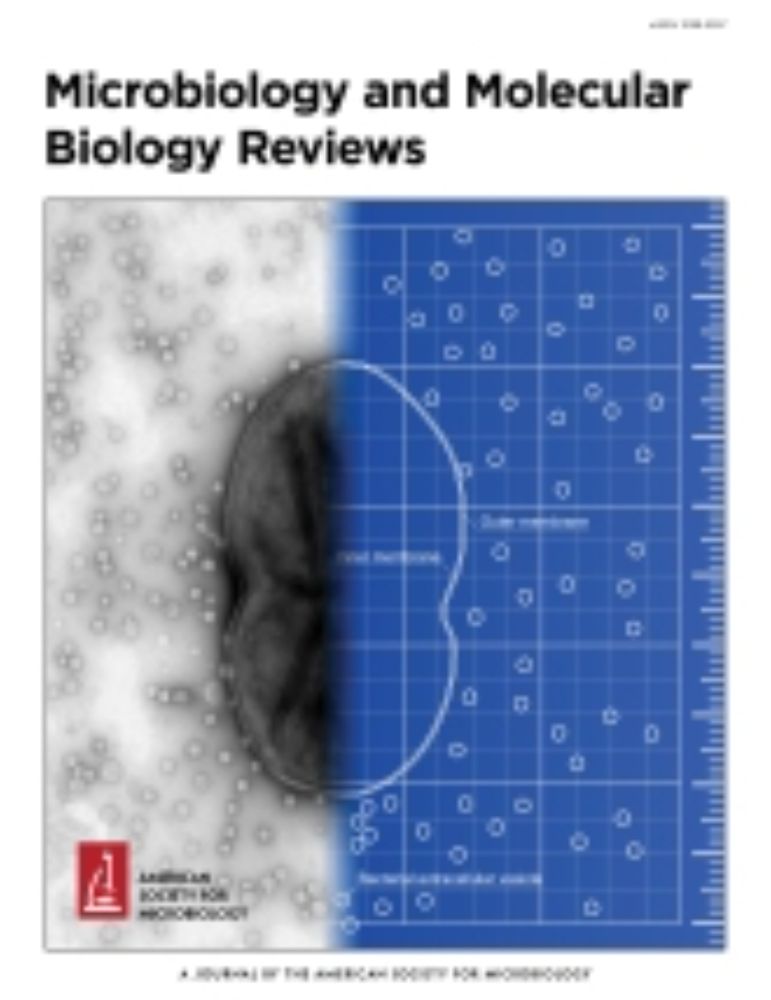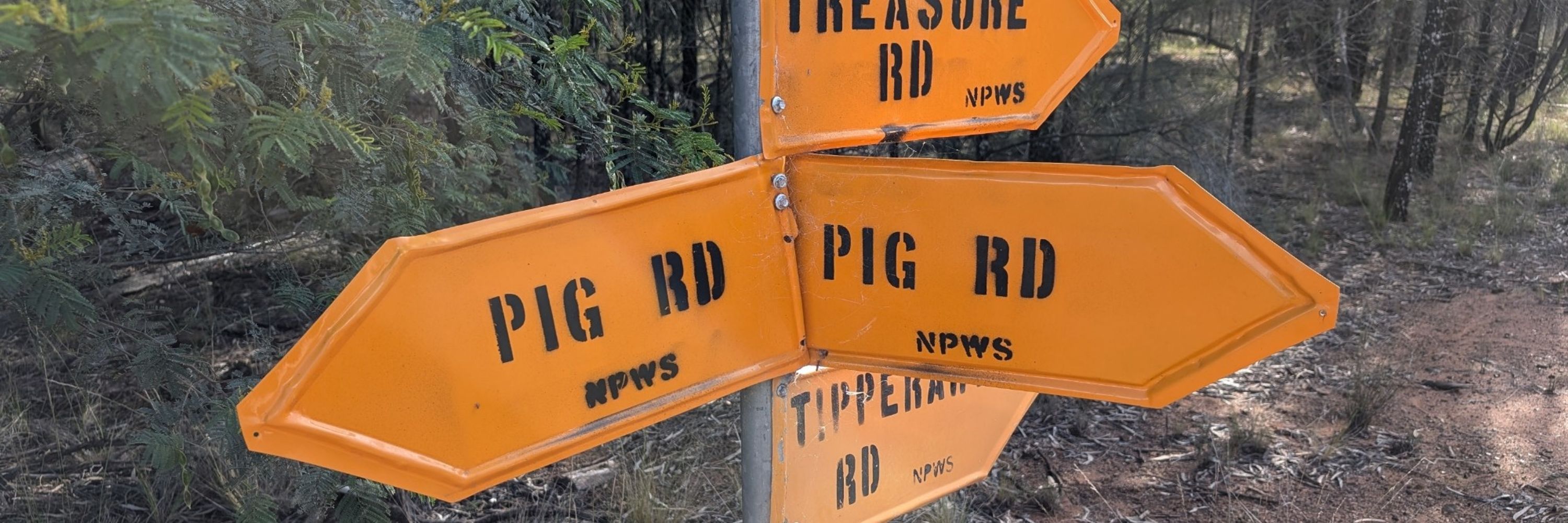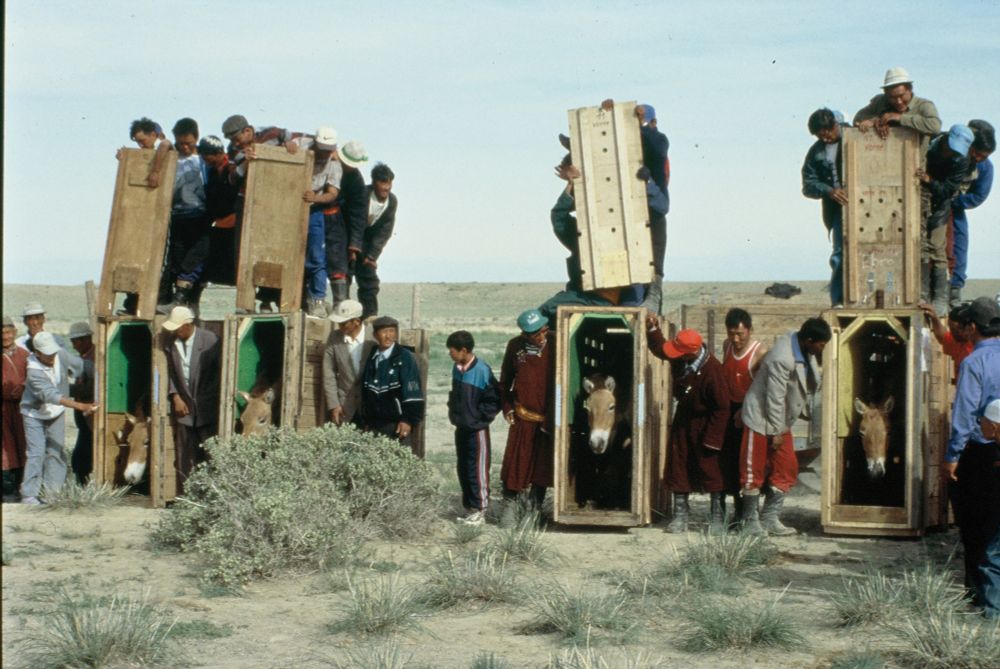Paul Keil
@paulgkeil.bsky.social
220 followers
250 following
67 posts
Undisciplined ethnographer | Sorry academic
Interested in human beings who are interested in nonhuman beings
BOOK: The Presence of Elephants http://dx.doi.org/10.4324/9781003402985
Research https://www.researchgate.net/profile/Paul-Keil
Posts
Media
Videos
Starter Packs
Reposted by Paul Keil
Paul Keil
@paulgkeil.bsky.social
· Aug 28

Juan DABEZIES | Professor (Full) | Doctor of Philosophy | Universidad de la República de Uruguay, Montevideo | UdelaR | Centro Universitario de la Región Este - CURE | Research profile
I work on issues of multispecies ethnography, more-than-human relations, conservation and biosecurity, local ecological knowledge, heritagization, and archaeology. I am Phd. in anthropology and a prof...
www.researchgate.net
Paul Keil
@paulgkeil.bsky.social
· Aug 28
Paul Keil
@paulgkeil.bsky.social
· Aug 12

Postdoctoral Research Fellow Multispecies Justice
Full time, fixed term for 2 years Opportunity to conduct research on Multispecies justice Academic Level B Base Salary from $127,436 + 17% superannuation About the opportunity The School of Social and...
usyd.wd105.myworkdayjobs.com
Reposted by Paul Keil
Carl Zimmer
@carlzimmer.com
· Aug 11

How fungi see the world: fungal photoreceptors and their role in the regulation of fungal biology | Microbiology and Molecular Biology Reviews
SUMMARYFungi use light as a signal for the regulation of development, to guide the growth
of reproductive structures, and to protect the fungal cell from DNA damage produced
by light and UV radiation....
journals.asm.org
Paul Keil
@paulgkeil.bsky.social
· Aug 8

Rock climbing as lithic ethnography : Animacy, aesthetics, and deep time | HAU: Journal of Ethnographic Theory: Vol 15, No 2
What does it mean for scholars to engage rocks ethnographically? And how is ethnography redefined back by an encounter with lithics? Although rock has long lingered in the background of sociocultural ...
www.journals.uchicago.edu
Paul Keil
@paulgkeil.bsky.social
· Aug 4
Paul Keil
@paulgkeil.bsky.social
· Aug 4
Paul Keil
@paulgkeil.bsky.social
· Aug 4
Reposted by Paul Keil
Reposted by Paul Keil













